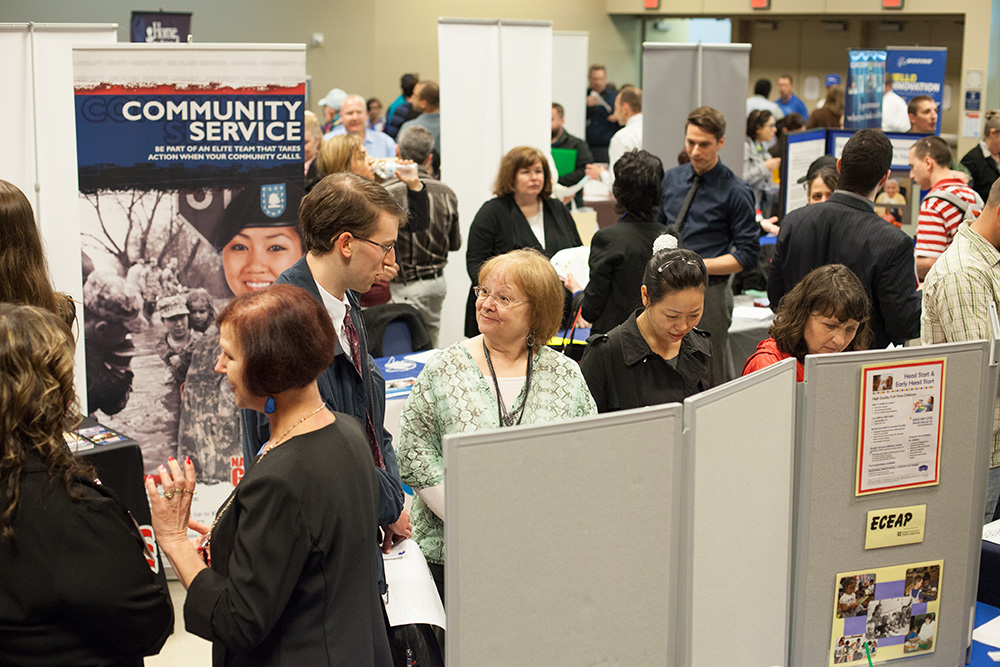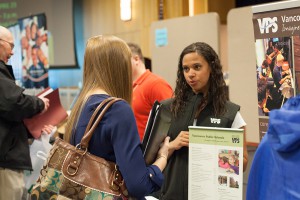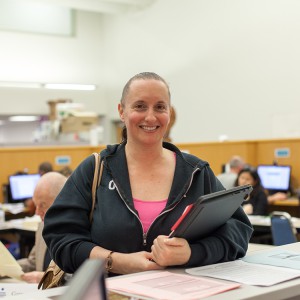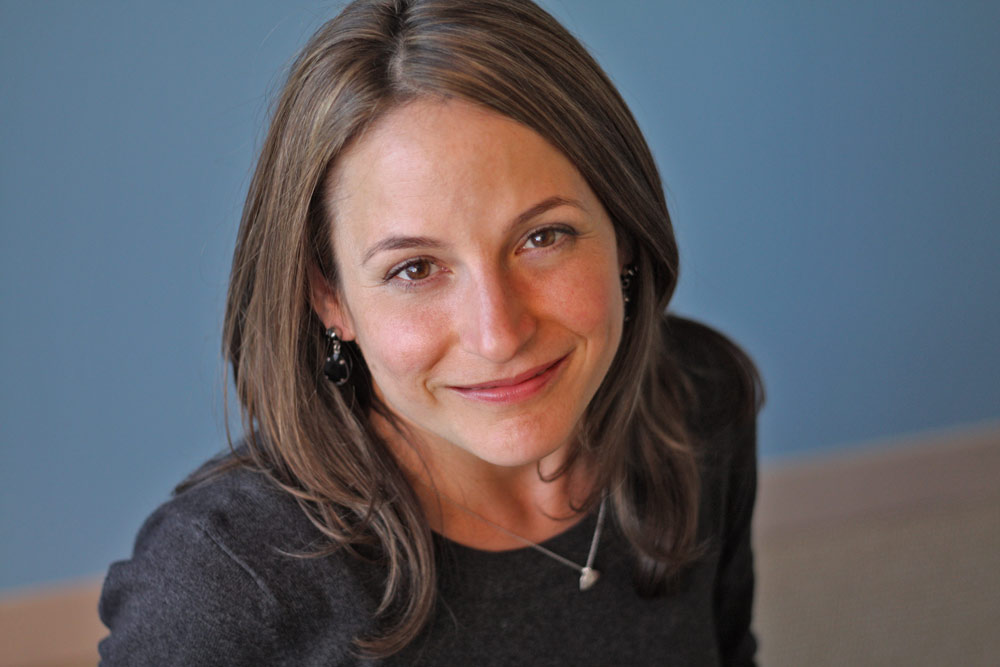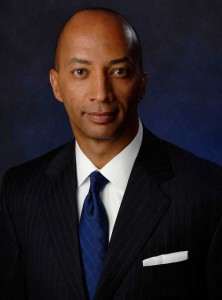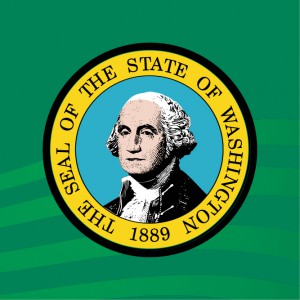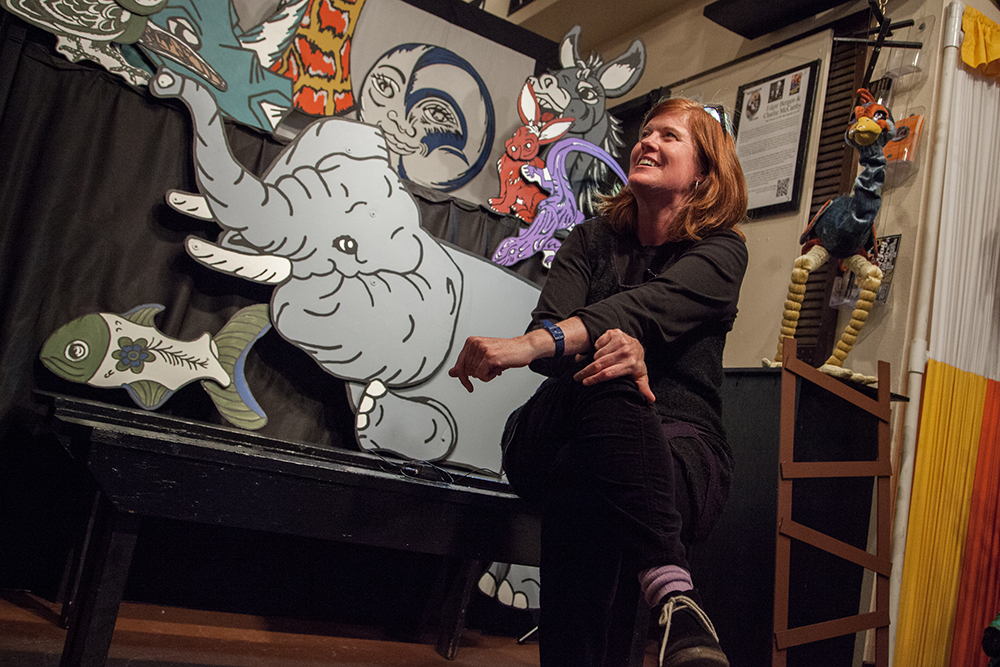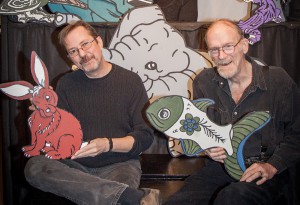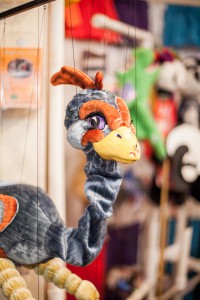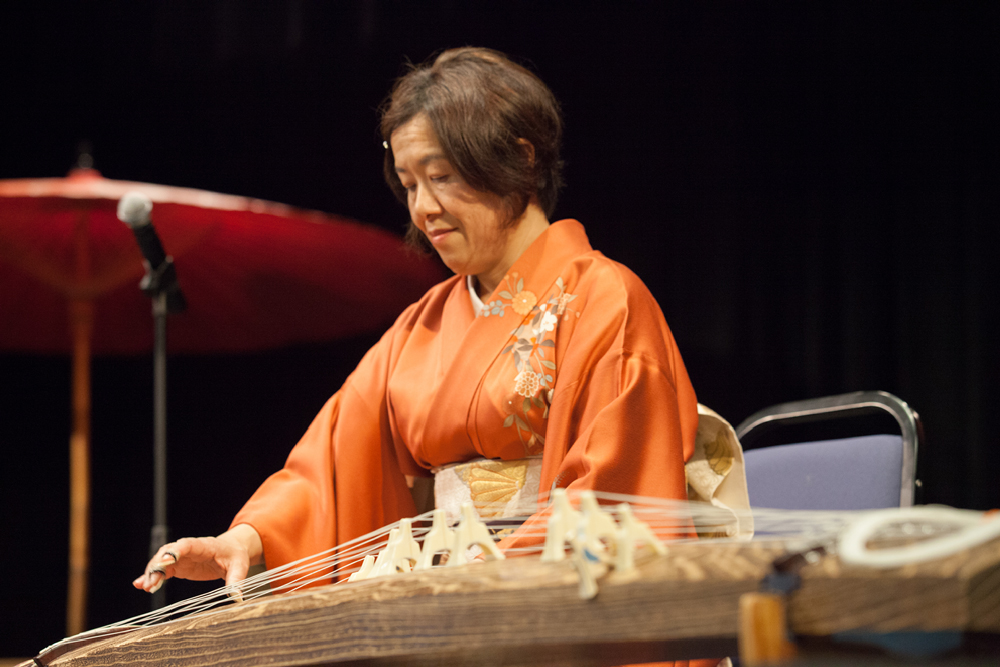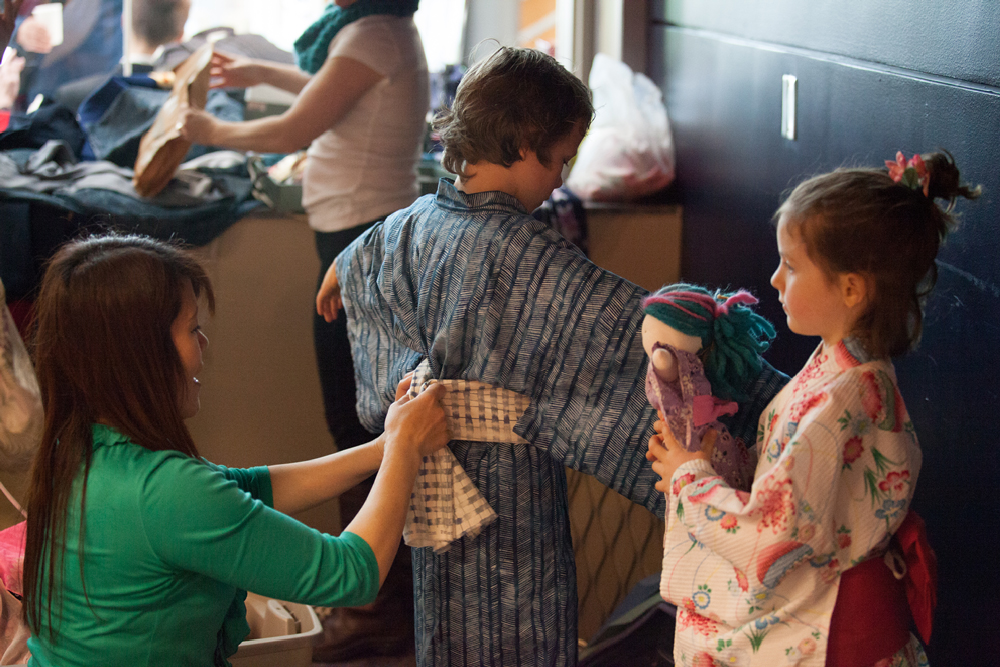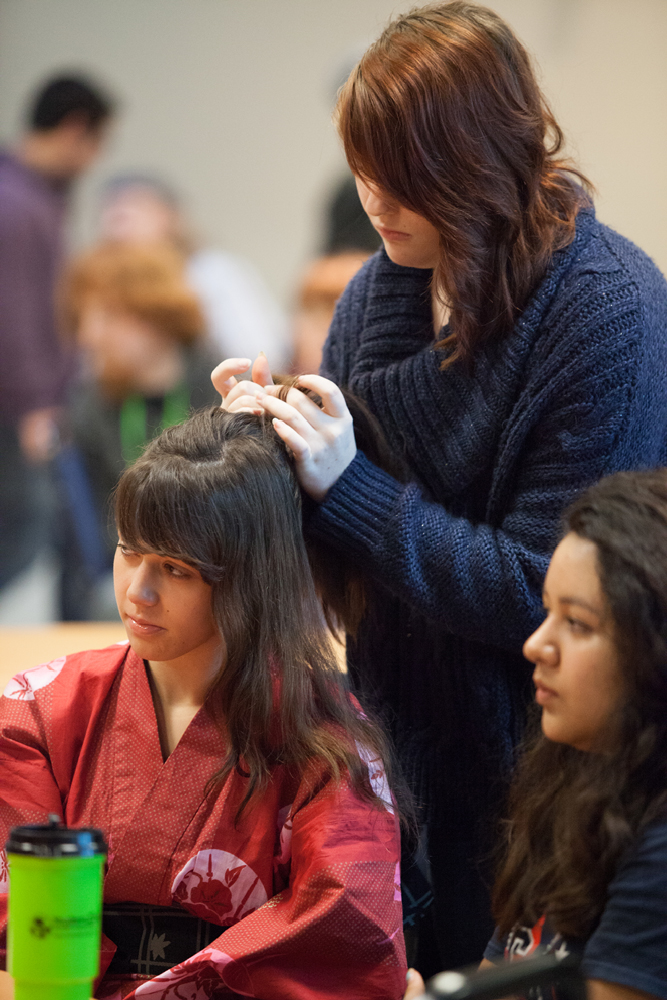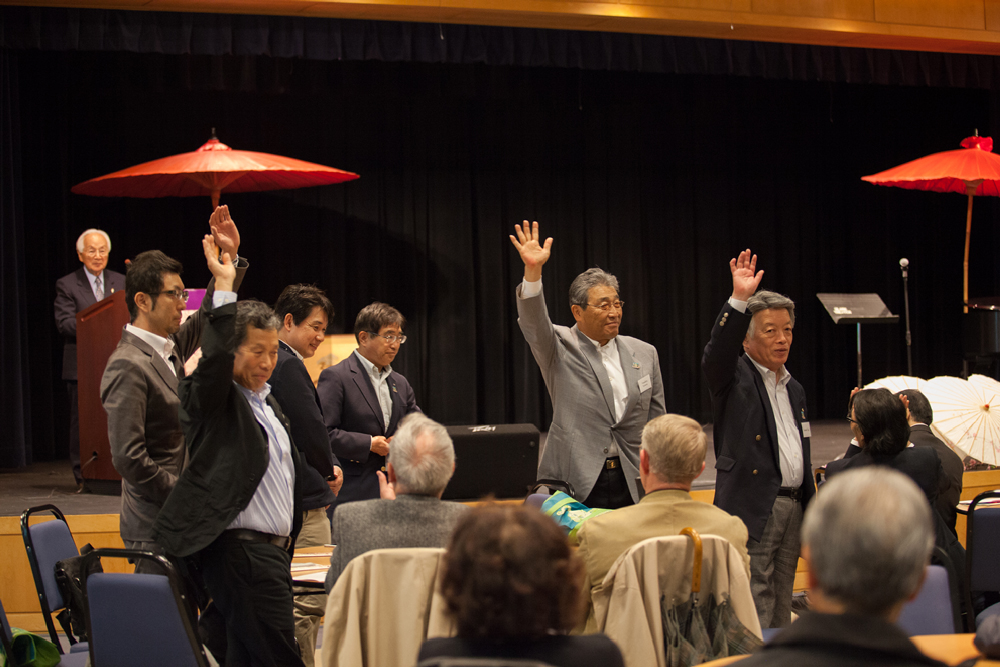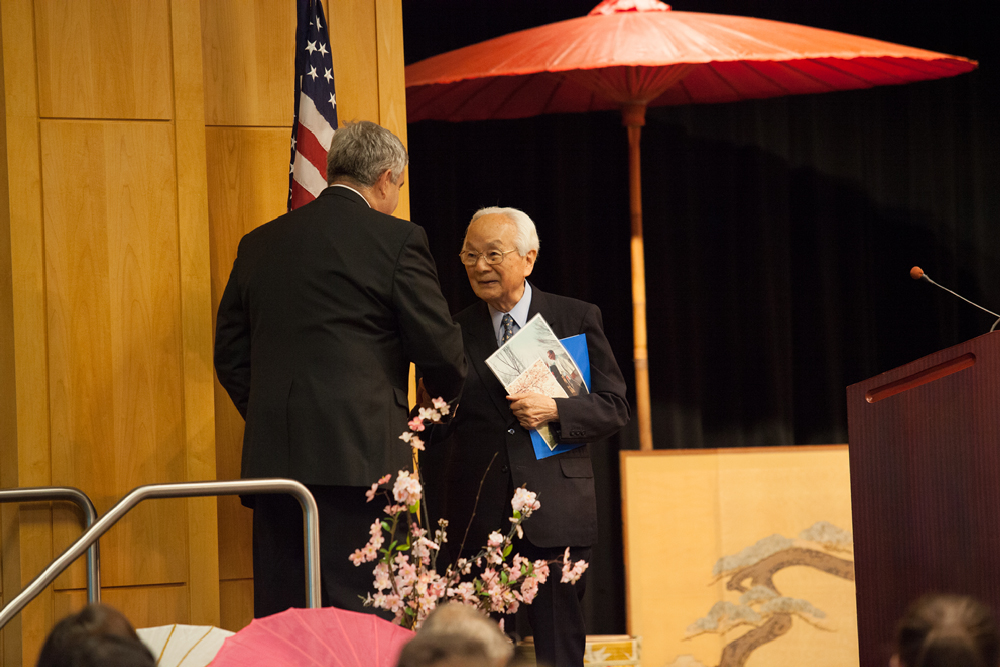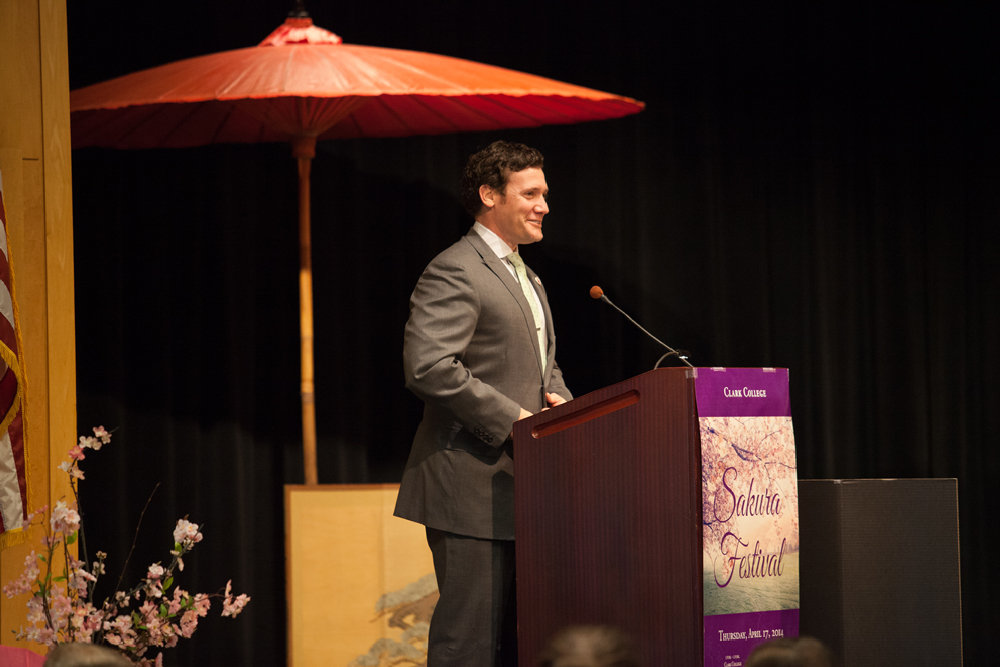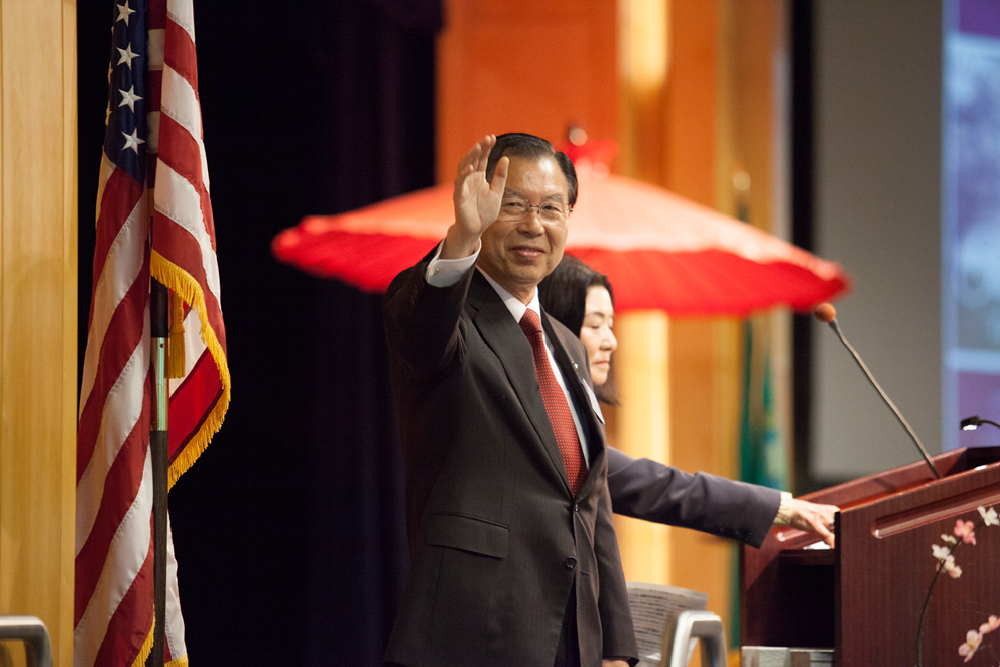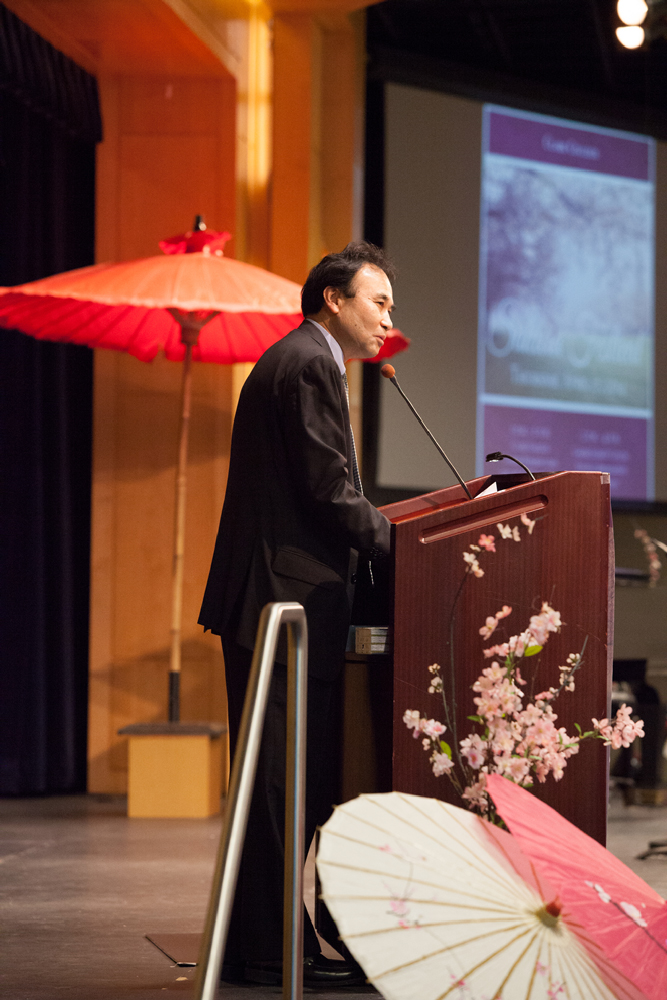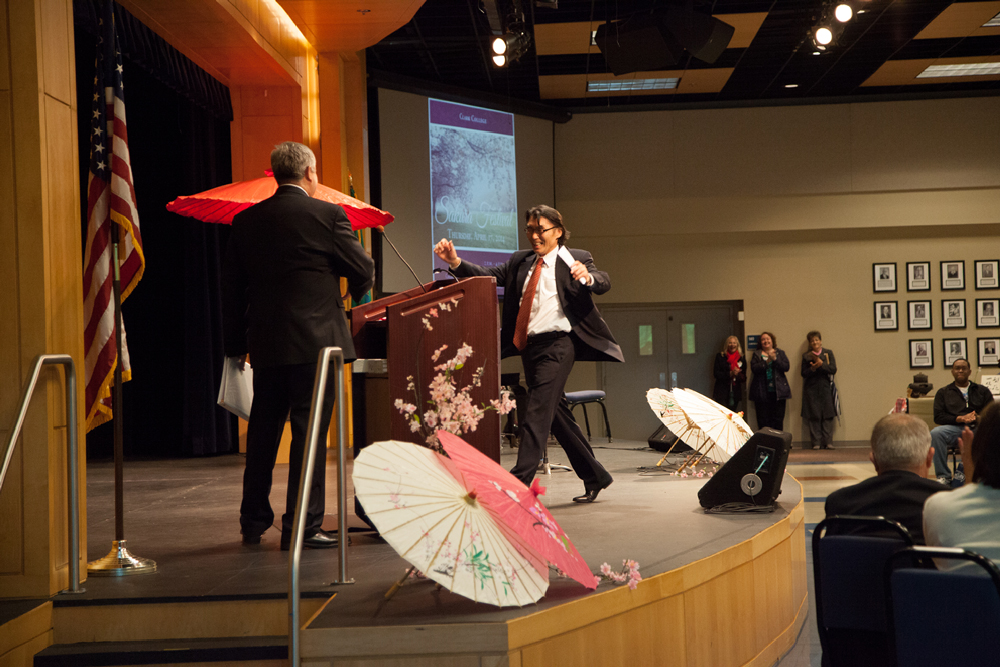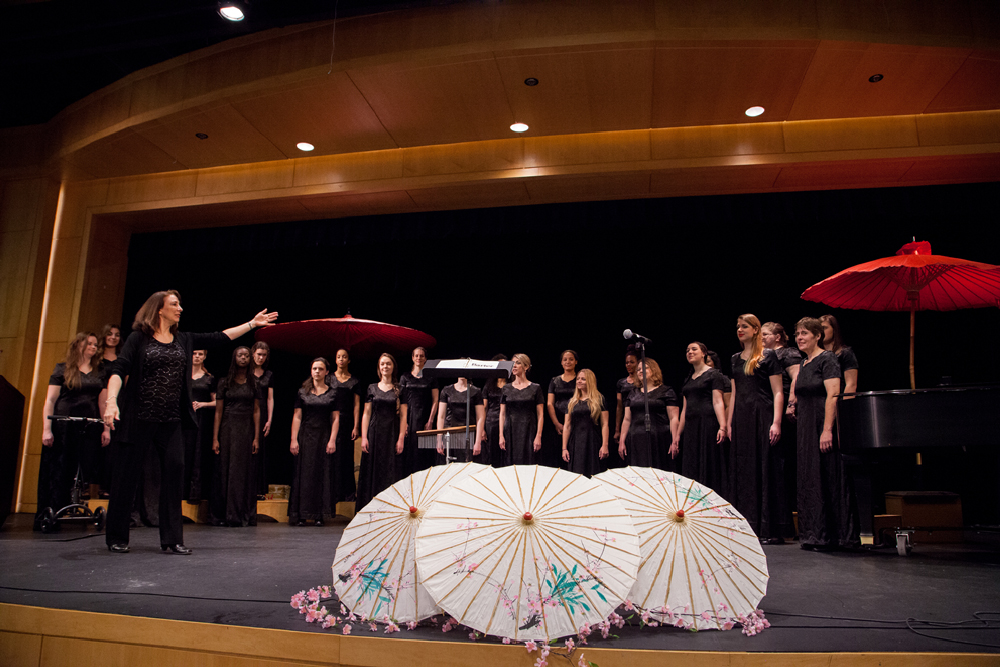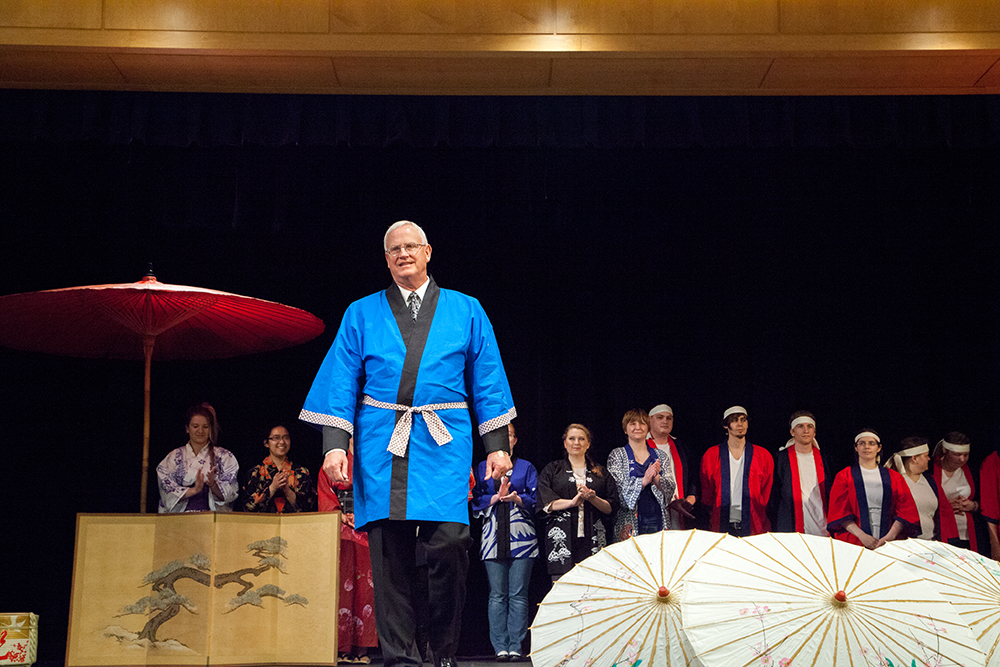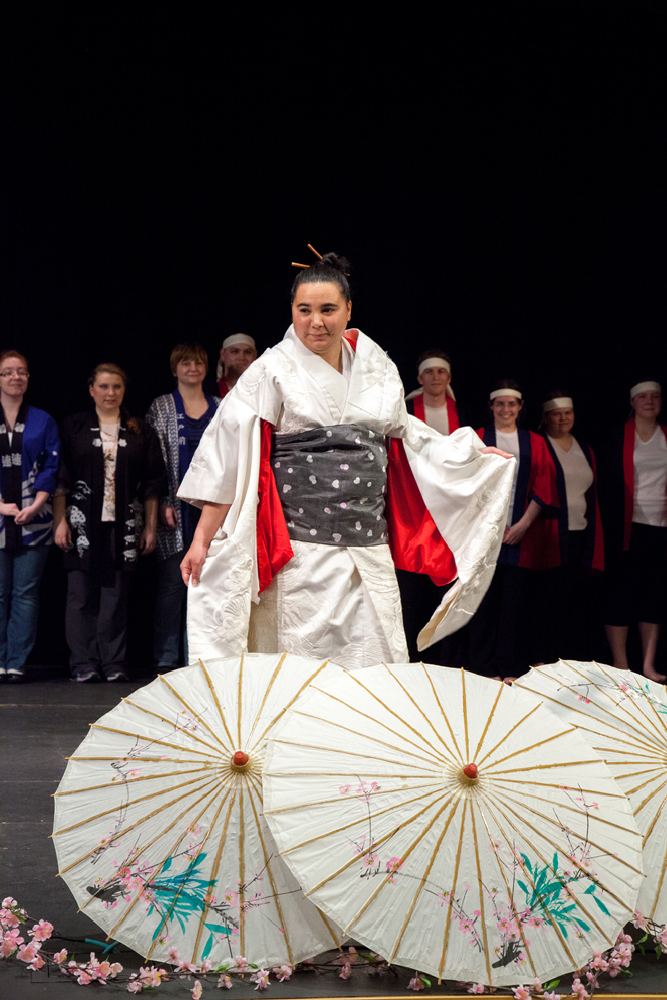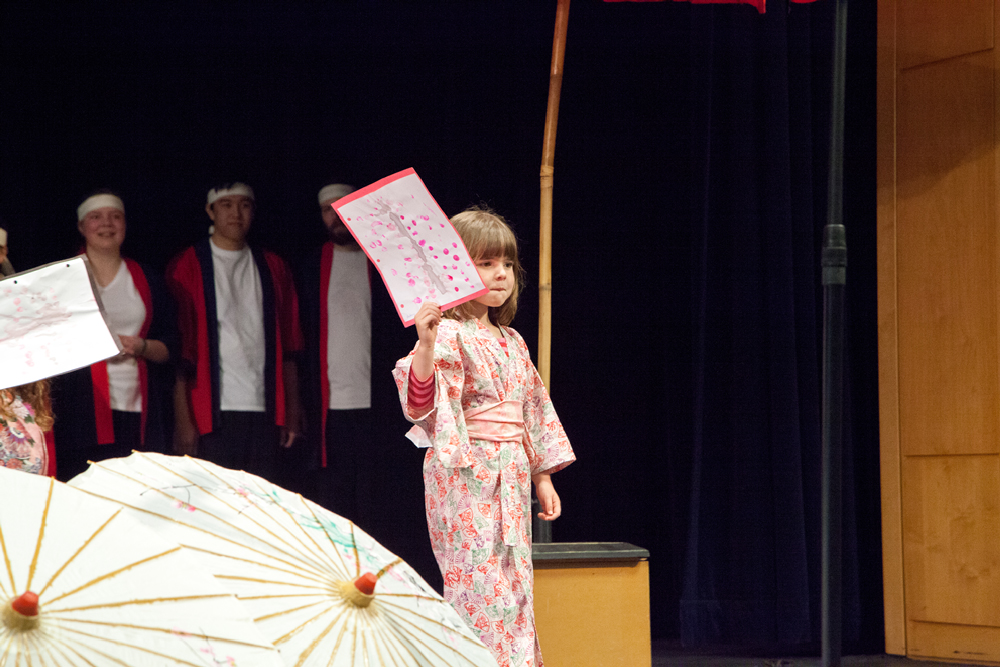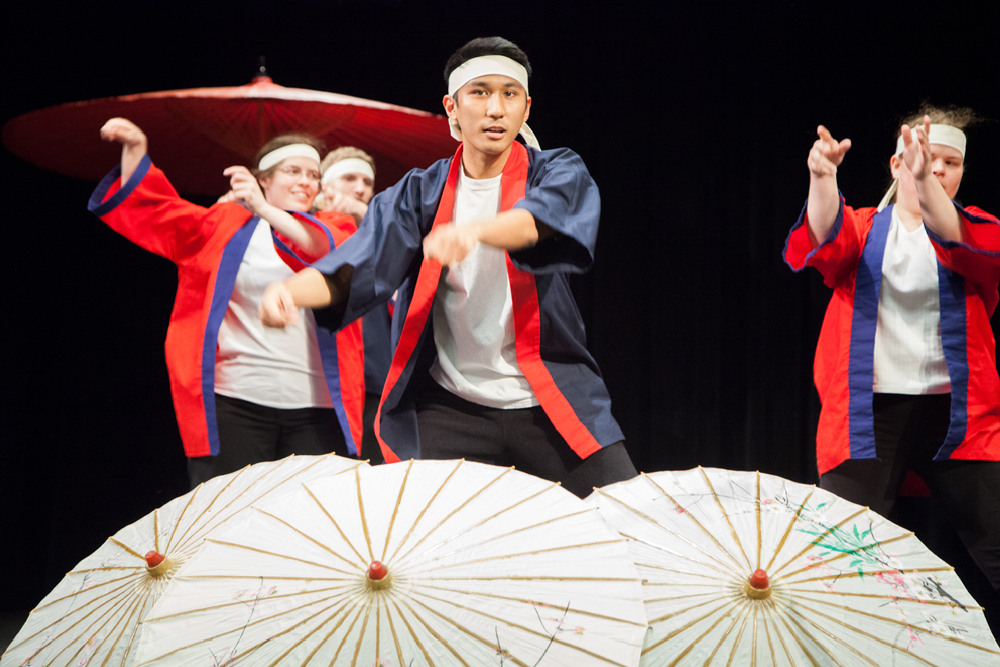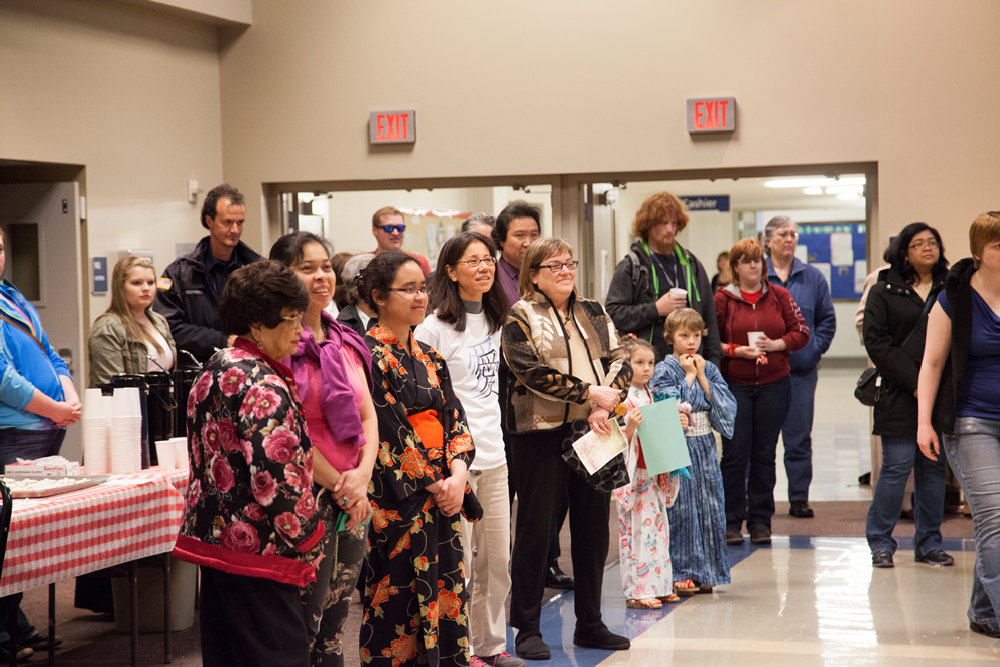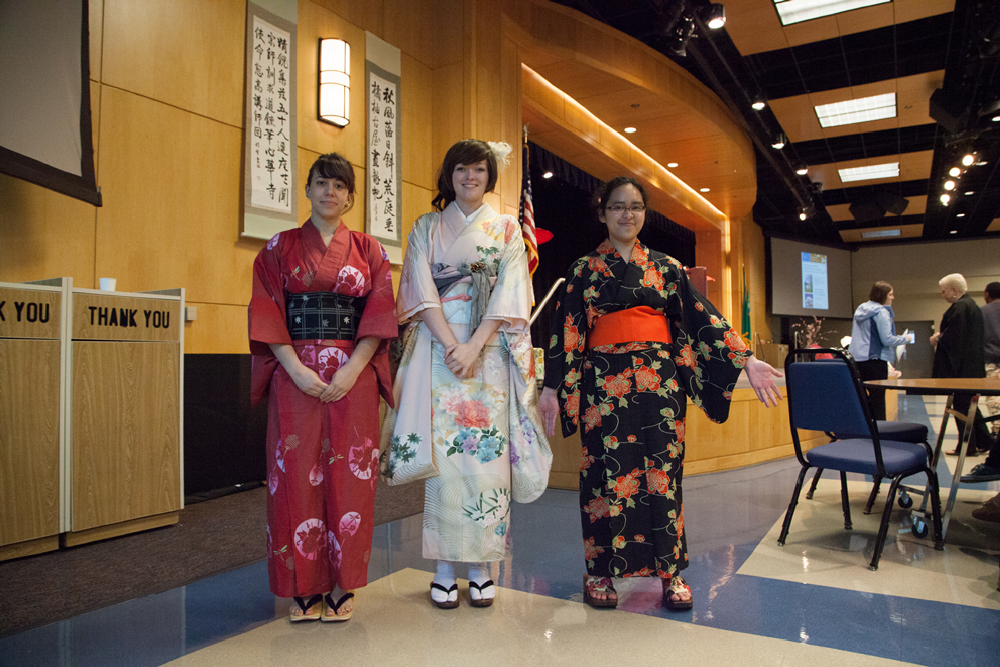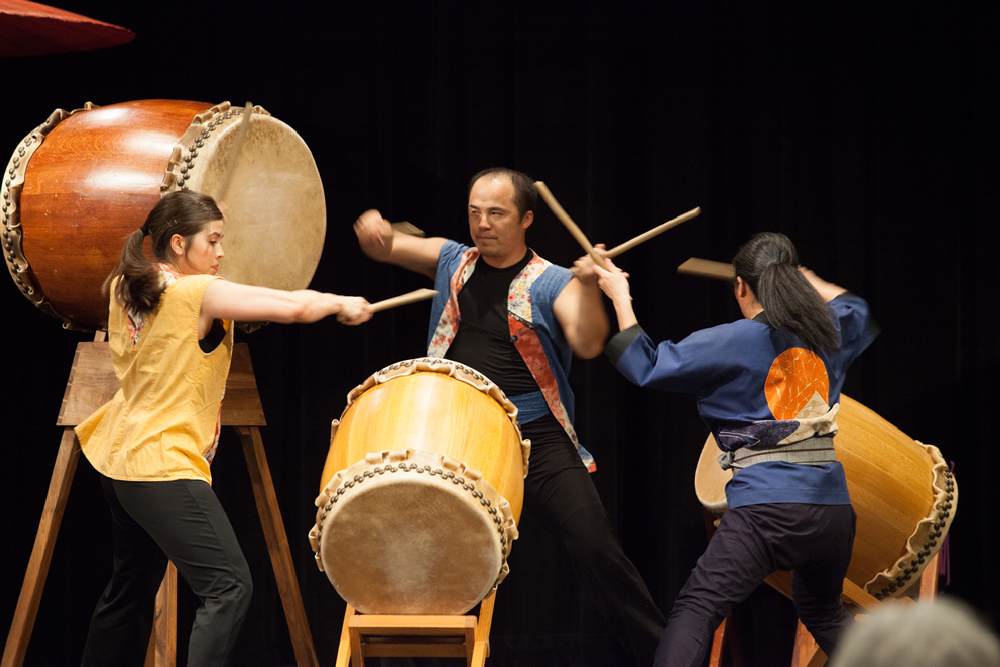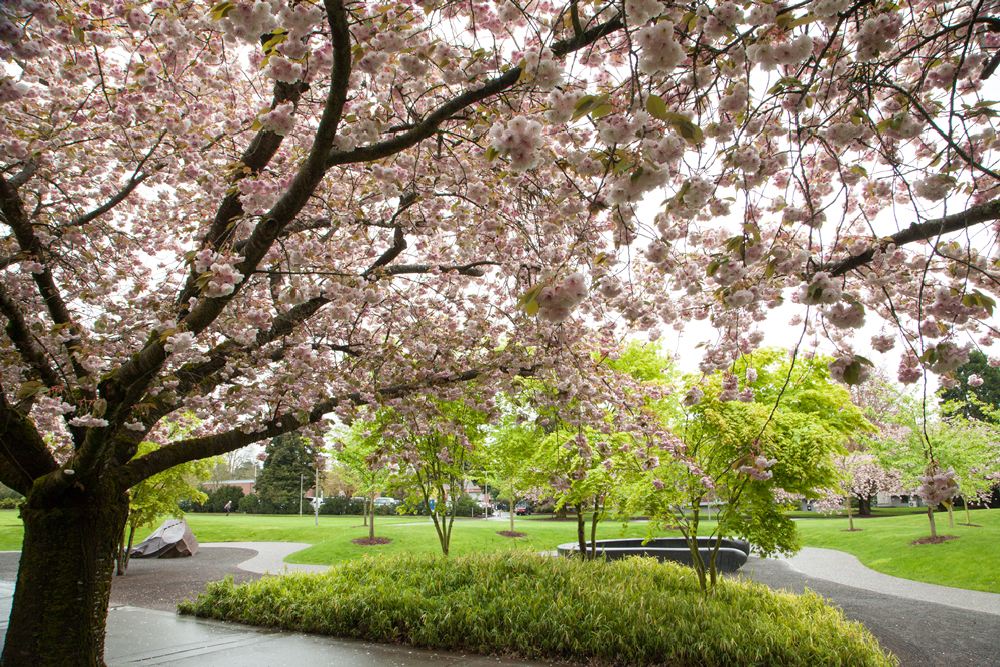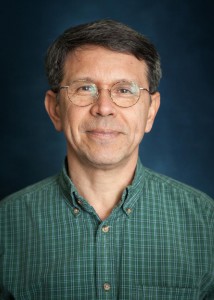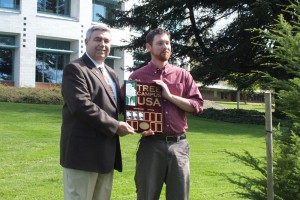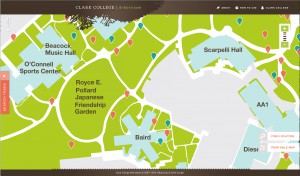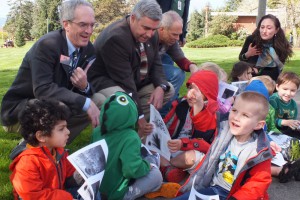Students on the Big Screen
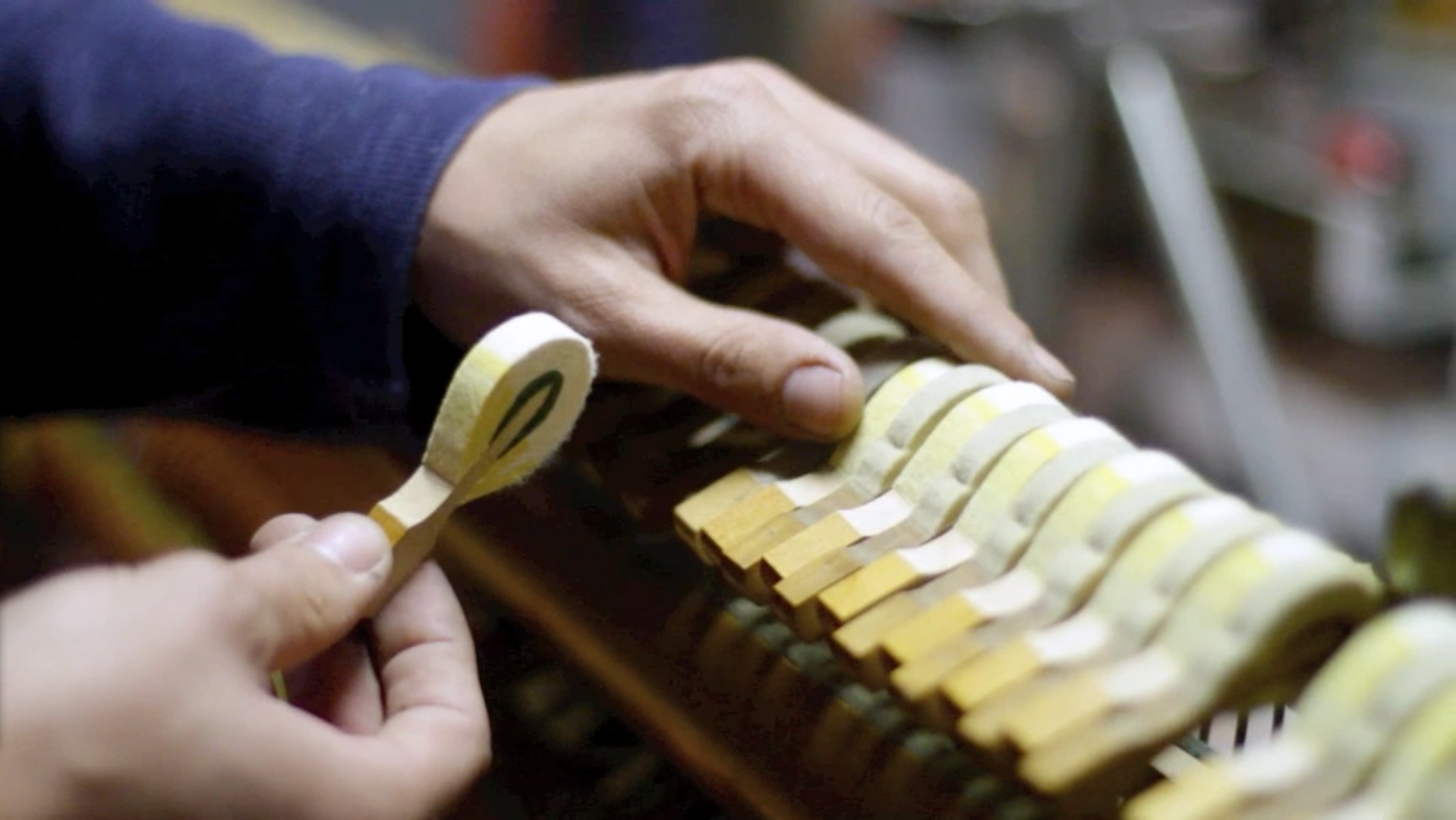
Still from John, a short film by student Anni Becker to be shown at the Clark College Student Video Festival on May 29.
Clark College will hold its first public screening of student videos at the historic Kiggins Theatre on Thursday, May 29, at 6 p.m. in an event that will be free and open to the public.
The 90-minute program will feature more than two dozen short-form videos (between one and ten minutes long) produced by students in Clark’s Time-Based Art and Web Video Production classes, as well as a selection of work from students at other area educational institutions including the Pacific Northwest College of Art, Portland State University, Washington State University Vancouver, and the Northwest Film Center.
“This event will feature the best video and time-based artwork from Clark College students,” said Clark College art professor Lisa Conway. “These exciting art forms push the boundaries of traditional gallery or print-publication settings, and we are thrilled to have a venue like the Kiggins Theatre in which to showcase this work. Hopefully this is the start of an annual event for the college, our students and the larger community—one that will continue to grow as our course offerings in this area grow.”
Clark College has offered classes in Time-Based Art and Web Video Production for the past three and two years, respectively. The Web Video Production class was introduced two years ago when Clark transitioned its Graphics Communication and Printing program into a redesigned Computer Graphics Technology program, which teaches valuable modern-day skills like web design and computer animation. The Time-Based Art class was developed three years ago with the start of new Associate of Fine Arts degrees in Graphic Design and in Studio Art.
The students’ videos range from whimsical works of stop-motion animation to emotional mini-documentaries and personal stories.
Kiggins manager Dan Wyatt said he was pleased to host this event. “As a former student of film, I not only enjoy supporting other student filmmakers, but think it is important that their works be screened in the best possible environment conducive to evaluating film–a movie theatre,” he said. “Some of the best learning and growth as artists happens while screening your project and getting feedback from peers.”
The Kiggins Theatre is located at 1011 Main St. in downtown Vancouver, Wash. (Phone number: 360-816-0352.)
Individuals who need accommodation due to a disability in order to fully participate in these events should contact Clark College’s Disability Support Services (DSS) Office at 360-992-2314 or 360-991-0901 (VP). The DSS office is located in room 013 in Clark’s Penguin Union Building.
